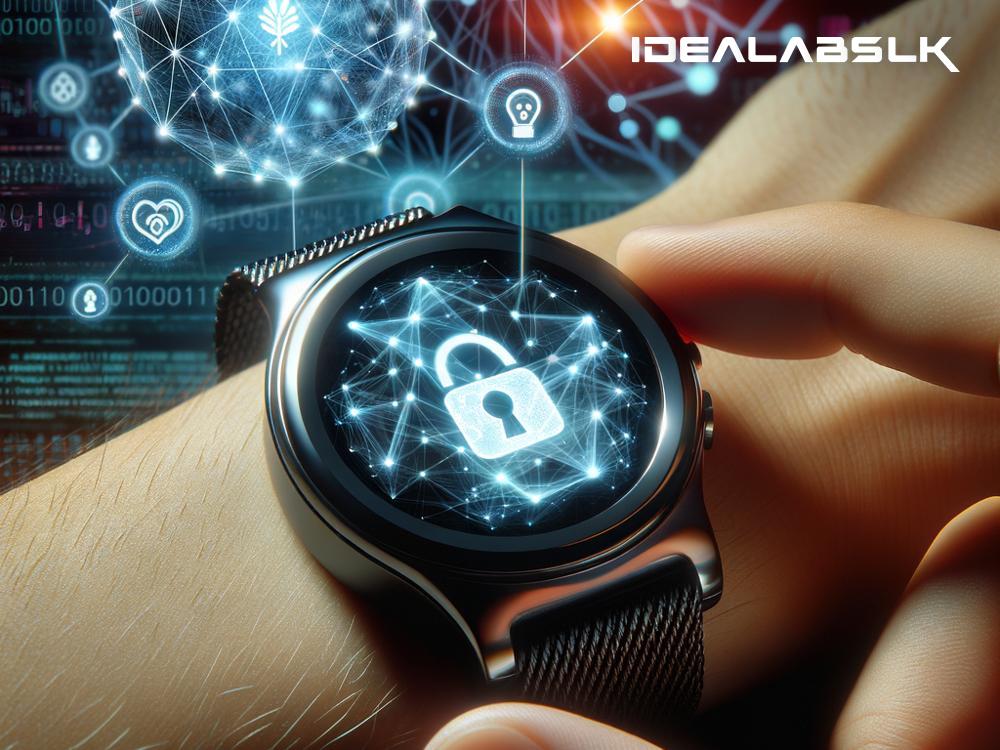How AI Enhures Data Privacy in Personal IoT Devices
In the era of smart technology, personal Internet of Things (IoT) devices like smartwatches, home assistants, and fitness trackers are becoming more integrated into our daily lives. These gadgets make our days easier and more enjoyable, from scheduling meetings to monitoring our health metrics. However, the rise in their usage also raises concerns about data privacy. Are the intimate details of our lives safe, or are they vulnerable to prying eyes? This is where the magic of Artificial Intelligence (AI) comes into play, enhancing the safety and privacy of data in our personal IoT devices. Let's break down how AI acts as a protective shield for our personal information in simple English.
What's the Issue with Data Privacy?
Every time you interact with a connected device, it collects data about you. This data can be as mundane as your grocery shopping list or as sensitive as your health records. The concern arises when this immense volume of personal information is mishandled, either accidentally or through cyberattacks, leading to privacy breaches.
The Role of AI in Protecting Privacy
AI, a technology that enables machines to mimic human intelligence, holds the key to strengthening data privacy in several innovative ways. Here's how:
1. Intelligent Encryption
Imagine sending a secret letter that only the intended recipient can decode. AI does something similar with your data. It uses complex algorithms to scramble information so that even if data gets stolen, it remains unreadable and useless to hackers. This process is known as encryption, and AI can continuously improve how data is encrypted, making it increasingly difficult for unauthorized individuals to decipher.
2. Anomaly Detection
AI is like a highly attentive security guard for your data. It learns what normal activity looks like on your devices and can quickly spot anything unusual, or an 'anomaly.' For example, if a hacker attempts to access your smart home system from halfway across the world, AI can detect this abnormal behavior and block the access attempt, often before any harm is done.
3. Automated Security Updates
Keeping software up to date is crucial for security, but it's something many of us forget or delay. AI helps here by automatically installing security patches and updates on IoT devices. This ensures that security loopholes are closed as soon as they're discovered, without you needing to remember to do anything.
4. Data Minimization
AI can determine the minimum amount of data needed for IoT devices to function effectively and ensure that only this necessary data is collected. This approach reduces the amount of personal information that could potentially be exposed in a breach.
5. Secure Authentication
Passwords can be cracked, and physical tokens can be lost. AI introduces more secure and convenient ways of authenticating yourself, like biometric data (fingerprints or facial recognition) and behavior-based authentication (how you type, for instance). These methods are not only harder to fake but also ensure that only you can access your devices and data.
The Future is Bright (and Private!)
With AI's continuous advancement, the future of data privacy in personal IoT devices looks promising. As AI technologies become smarter, they'll offer even more robust protection mechanisms, making our data safer than ever. However, the effectiveness of AI in enhancing data privacy doesn't just depend on technology itself but also on how it's applied and regulated.
Final Thoughts
As we welcome more smart gadgets into our lives, it's comforting to know that AI is working behind the scenes to keep our personal information safe. By intelligently encrypting data, detecting anomalies, keeping our devices updated, minimizing data collection, and securing how we authenticate ourselves, AI is indeed a game-changer for data privacy in the world of personal IoT devices.
The partnership between AI and IoT devices underscores a larger trend: as technology evolves, so do the methods to protect our digital footprint. By staying informed and adopting devices that prioritize security, we can enjoy the convenience and benefits of IoT without compromising our privacy.
In conclusion, embracing AI-driven privacy measures in IoT devices doesn't just protect individual users; it fortifies the trust in technology that makes our modern, connected lives possible. As we move forward, the blend of AI and IoT promises not only smarter devices but also a safer, more private digital world for all of us.

